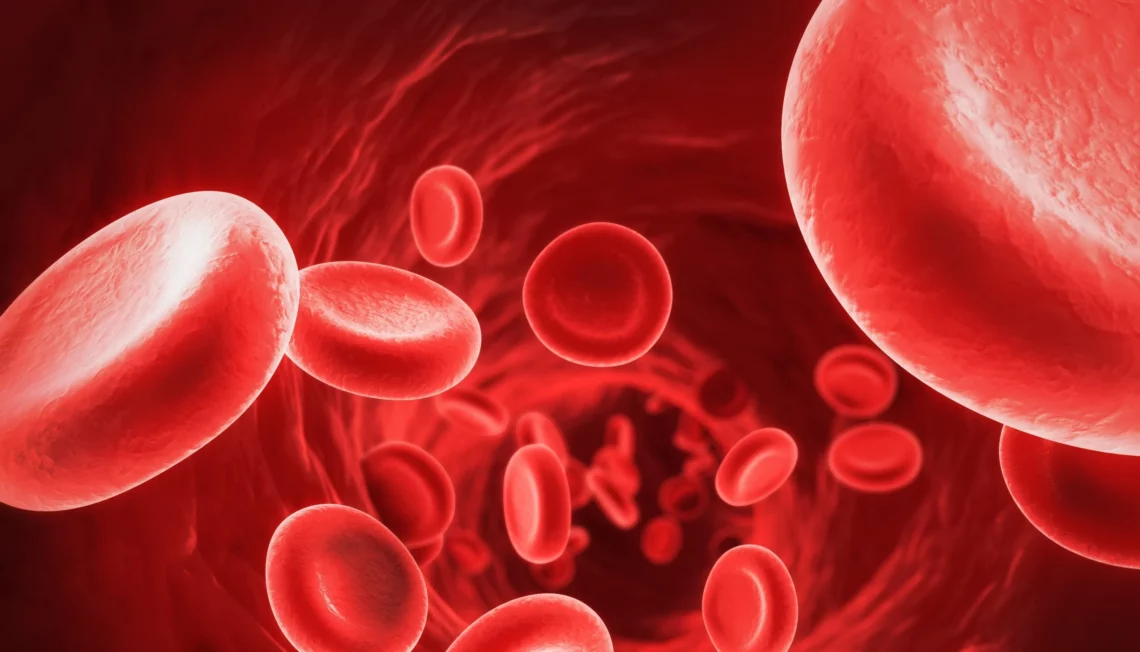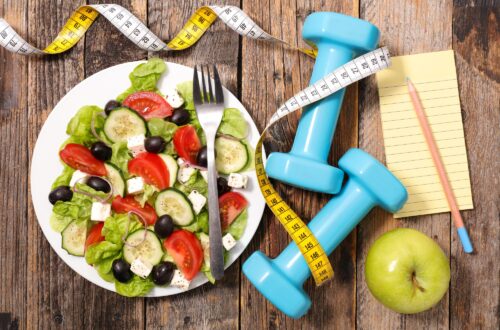Understanding Hemophilia A
Hemophilia A is a genetic disorder that primarily affects males, although females can also be carriers. It is characterized by a deficiency in clotting factor VIII, a protein necessary for blood clotting. Without enough factor VIII, individuals with hemophilia A are at risk of excessive bleeding, both internally and externally, which can lead to serious complications if not managed properly. Treatment typically involves replacing the missing factor VIII through infusions or injections.
Importance of Diet and Nutrition
While diet and nutrition cannot directly treat hemophilia A, they play a crucial role in supporting overall health and well-being, which can indirectly impact the management of the condition. A balanced diet rich in essential nutrients can help maintain healthy blood vessels, promote optimal immune function, and support the body’s ability to heal and recover from bleeding episodes and treatments.
Nutritional Considerations for Hemophilia A
When it comes to diet and hemophilia A, there are several key considerations to keep in mind:
Iron-Rich Foods:
Individuals with hemophilia A may be at increased risk of iron deficiency anemia due to chronic bleeding. Including iron-rich foods such as lean meats, poultry, fish, beans, lentils, spinach, and fortified cereals can help prevent or address this issue.
Vitamin K
Vitamin K is essential for blood clotting, and individuals with hemophilia A may have lower levels of this vitamin due to impaired clotting factor function. Foods rich in vitamin K, such as leafy greens (kale, spinach, broccoli), Brussels sprouts, and cabbage, can help support clotting function.
Hydration
Staying hydrated is important for individuals with hemophilia A to maintain healthy blood volume and prevent dehydration, which can exacerbate bleeding episodes.
Calcium and Vitamin D
Adequate intake of calcium and vitamin D is essential for bone health, particularly for individuals with hemophilia A who may be at increased risk of bone fractures due to bleeding into joints and muscles.
Foods to Include and Avoid
While there are no specific dietary restrictions for individuals with hemophilia A, certain foods and supplements may be beneficial or should be consumed with caution:
Include
Lean proteins (chicken, turkey, fish), fruits, vegetables, whole grains, dairy or dairy alternatives (for calcium and vitamin D), nuts, seeds, and legumes.
Avoid or Limit
Foods high in sugar, saturated fats, and sodium, as well as excessive alcohol consumption, which can increase the risk of obesity, cardiovascular disease, and liver damage, all of which may exacerbate complications associated with hemophilia A.
Meal Planning and Strategies
Meal planning and mindful eating can help individuals with hemophilia A maintain a healthy diet and manage their condition effectively:
Balanced Meals
Aim for balanced meals that include a variety of nutrients, including protein, carbohydrates, healthy fats, vitamins, and minerals.
Regular Eating Schedule
Stick to a regular eating schedule with three main meals and snacks as needed to help stabilize blood sugar levels and prevent overeating or undereating.
Portion Control
Practice portion control to prevent excessive calorie intake and maintain a healthy weight, which can reduce strain on joints and muscles.
Listen to Your Body
Pay attention to how different foods and eating patterns affect your body and adjust your diet accordingly to optimize health and well-being.
6. FAQs (Frequently Asked Questions)
Can I take dietary supplements to support my hemophilia A treatment?
While some dietary supplements, such as iron, vitamin K, calcium, and vitamin D, may be beneficial for individuals with hemophilia A, it’s essential to consult with a healthcare professional before starting any new supplements, as they may interact with medications or affect blood clotting function.
Are there any specific foods or supplements that can worsen bleeding in hemophilia A?
Certain foods and supplements, such as high-dose vitamin E, garlic, ginger, and ginkgo biloba, may have blood-thinning effects and should be consumed with caution or avoided, especially in high doses.
Can I eat foods that are high in vitamin K if I have hemophilia A?
Yes, individuals with hemophilia A can eat foods high in vitamin K, but it’s important to maintain consistent intake and not drastically increase or decrease consumption, as this may affect clotting factor levels and blood clotting function.
Is it safe for individuals with hemophilia A to participate in weight loss diets?
Weight loss diets should be approached with caution in individuals with hemophilia A, as rapid weight loss or extreme dietary restrictions can increase the risk of malnutrition, which may exacerbate bleeding tendencies and compromise overall health.
Should individuals with hemophilia A avoid physical activity or exercise?
While individuals with hemophilia A should be cautious with certain high-impact or contact sports that carry a higher risk of injury, regular physical activity is important for maintaining cardiovascular health, muscle strength, and joint mobility. Low-impact activities such as swimming, walking, and yoga are generally safe and beneficial for individuals with hemophilia A.
Can I drink alcohol if I have hemophilia A?
Moderate alcohol consumption is generally considered safe for individuals with hemophilia A, but excessive alcohol intake should be avoided, as it can increase the risk of liver damage and exacerbate bleeding tendencies.
7. Conclusion
In conclusion, diet and nutrition play an essential role in supporting overall health and well-being in individuals with hemophilia A. While there are no specific dietary restrictions for hemophilia A, focusing on a balanced diet rich in essential nutrients, staying hydrated, and practicing mindful eating can help individuals manage their condition effectively and reduce the risk of complications. By incorporating these dietary tips and strategies into daily life, individuals with hemophilia A can optimize their nutritional intake and improve their overall quality of life. As always, it’s important to consult with a healthcare professional or registered dietitian for personalized dietary recommendations and guidance based on individual needs and medical history.





